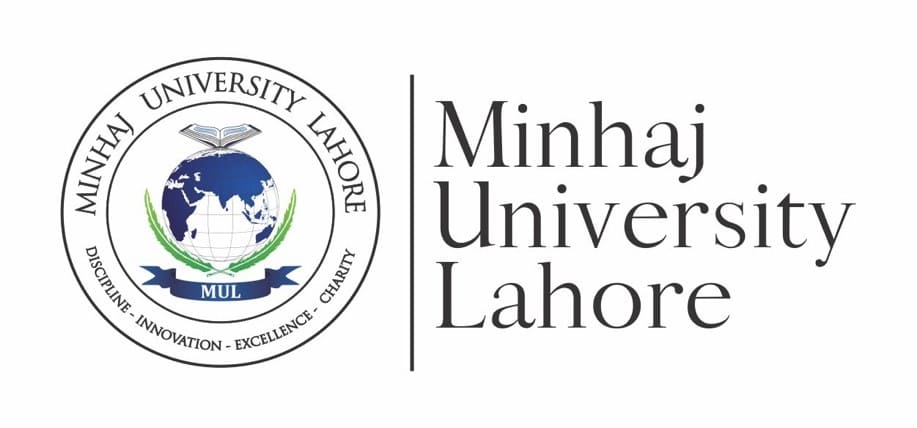Estimating Demand and Supply of Halal Consumables in Nigeria: Evidence from Selected Shop-rites and Supermarkets in Abuja, Nigeria
DOI:
https://doi.org/10.58932/MULD0034Keywords:
Demand, Supply, Halal, Consumables, Shop-rites, SupermarketsAbstract
This study estimates demand and supply of halal consumables in selected shop rites and supermarkets in Abuja, Nigeria. This study adopts survey research design and demand and supply functions technique and a qualitative method of data collection was employed. There are total of 35 supermarkets and 5 shop rites in Abuja and a cluster sampling technique was adopted in selecting the shop rites and supermarkets. Both reliability and validity tests were conducted on the data. Data was sourced through the administration of questionnaires and interview on both customers and staff of the shop rites and supermarkets conducted. The questionnaire was structured into Strongly Agree (SA), Agree (A), neutral (N),disagree(D),andStronglyDisagree(SD).An interview was conducted to respondents in order to estimates demand and supply of halal consumables in selected shop rites and supermarkets in Abuja, Nigeria. The study revealed that, there is excess demand of halal consumables by both Muslims and non- Muslims in Abuja, Nigeria most especially during Ramadan and other festivities by over 60% as it was discovered that halal consumables are healthier and safer. The result also shows that there is shortage in the supply of halal consumables most especially food and beverages to both Muslims and non- Muslims in Abuja Nigeria by over 30%. The study recommends that government should intervene to encourage supermarkets and shop rites owners in Abuja, Nigeria to supply more halal consumables that are certified in order to meet up with the excess demand.
References
Abderahman etal, (2021), Halal food supply chains: A literature review of sustainable measures and future research directions, Foods and Raw Material, Vol. 9, Issue 1, 2021. Assessed on 12/09/2023
Abdul H., Muhammad S. & Endah M. (2019), Potency and Prospect of Halal Market in Global Industry: An Empirical Analysis of Indonesia and United Kingdom, Journal of Business and Management Studies, Vol. 5, No. 2. Assessed on 12/09/2023
Amy MD (2021) The Algebra of demand and supply, ECONS 101: The Basics https://amydiduch.weebly.com/algebra-ofsupplydemand.html. Assessed on 12/09/2023
Ariff A.M. etal(2019), The impact of consumption value on consumer behavior A case study of halal-certified food supplies. British Food Journal. Vol. 121, Issue 11. Assessed on 12/09/2023
Bashir, U., Saeed, S., & Abbas, S. K. (2020). Strategies for New Product Development in an Emerging Market. Advances in Social Sciences Research Journal, 7(4), 393-397.
Dominika etal (2019), Religious Permissible Consumption, Journal of Islamic Marketing. - Emerald, ISSN 1759-0833, ZDB-ID 2553045-8. - Vol. 10. Assessed on 12/09/2023
Idris O. O. & Asnidar H. Y. (2018), prospects of halal products in developing countries: comparison between Nigeria and Malaysia, International Journal of Business Society. Assessed on 04/06/2024
Imam A. L. (2023), Nigeria Halal Economy Report, DinarStandard, Growth Strategy Research & Advisory. Assessed on 12/09/2023
Mohd, HZ, Marhani MA &Mohamed SA (2012) Conceptual Framework on Halal Food Supply Chain Integrity Enhancement. International Halal Conference, Putra World Trade Centre, Kuala Lumpur, Malysia Science Direct, Procedia-Social and Behavioral Sciences. Assessed on 12/09/2023
Muhammad S.& Suthep N. (2018), Factors Influencing the Purchase Intention of Halal Packaged Food in Thailand, International Journal of Supply & Management. Vol. 7, No. 4. Accessed 12/09/2023
Shahbaz K. etal (2022), Prioritising the risks in Halal food supply chain: an MCDM approach Journal of Islamic marketing, Vol.13, Issue 1. Accessed 12/19/2023.
Downloads
Published
How to Cite
Issue
Section
License
Copyright (c) 2024 Abdul Ibrahim, Abubakar Hadi Suleiman, SalihuHabibu Mohammed-Gani

This work is licensed under a Creative Commons Attribution-NonCommercial 4.0 International License.









